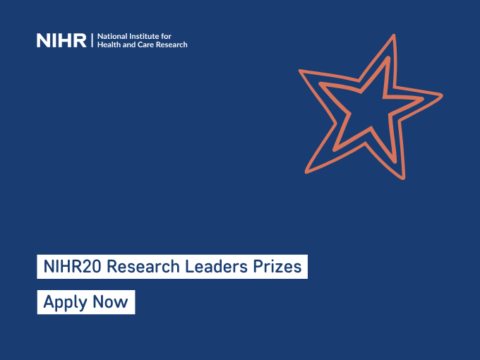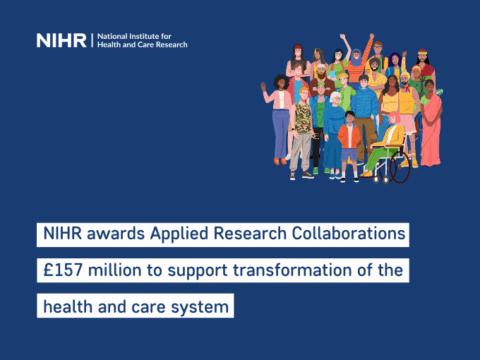The NIHR today issued guidance to protect both COVID-19 and non-COVID-19 research during a ‘second wave’ of high COVID-19 activity.
The guidance states that research staff funded by NIHR should not be deployed to front line duties except in exceptional circumstances. This is in contrast to the ‘first wave’ when many staff from the NIHR’s Local Clinical Research Networks and Clinical Research Facilities were deployed to the clinical front line in anticipation of heightened need.
The Restart Framework published by the NIHR in May to support the restarting of research paused due to COVID-19 is unchanged. This provides a flexible structure for local decision-making and sets out study prioritisation levels with COVID-19 Urgent Public Health studies as the top priority. It also highlights the importance of non-COVID-19 studies where the research protocol includes an urgent treatment or intervention without which patients could come to harm.
Dr William van’t Hoff, Chief Executive of NIHR’s Clinical Research Network said: “We need to support the NHS in all its work, both COVID-19 related and more broadly.
“As the number of people with COVID-19 starts to rise again, it is imperative that our research staff focus on priority COVID-19 studies including vaccine studies. But we also need our teams to continue to support the restart of non-COVID-19 research, both commercial and non-commercial, in tandem with the restoration of NHS routine clinical services. The impact of research being paused in the Spring has been severe and we will make every effort to maintain recruitment rates across the portfolio.”
Dr Alison Austin, Deputy Director of Research at NHS England, said: “We support the key messages in the NIHR’s wave two guidance, particularly around ensuring research staff are not deployed to the front line unless there are exceptional circumstances, the prioritisation of Urgent Public Health studies and the continuation of non-COVID-19 research – including new studies – wherever possible.”
The new NIHR guidance stipulates that the deployment of clinical academic staff should be undertaken within the guidelines recently issued by a working group convened by the UK Clinical Academic Training Forum and the Conference of Postgraduate Medical Deans of the UK. These relate to people in both medical and non-medical roles. In the first wave, it is estimated that over 1,500 academic trainees in England alone returned to full-time clinical duties, representing 90% of all trainees on NIHR’s Integrated Academic Training pathway.
Professor Dave Jones, Dean for NIHR Academy, said: “We have produced these principles and guidance to help ensure any clinical academics temporarily moving to front line services are supported in doing so, only move where absolutely necessary with the agreement of all relevant parties and to ensure minimal impact on individual’s training and future career.”
The NIHR guidance applies to England, but has been developed in consultation with representatives of the devolved administrations.
NIHR Guidance
Update from the NIHR – https://www.nihr.ac.uk/news/nihr-issues-guidance-to-ensure-research-protected-in-a-second-wave/25858

 Print This Post
Print This Post




